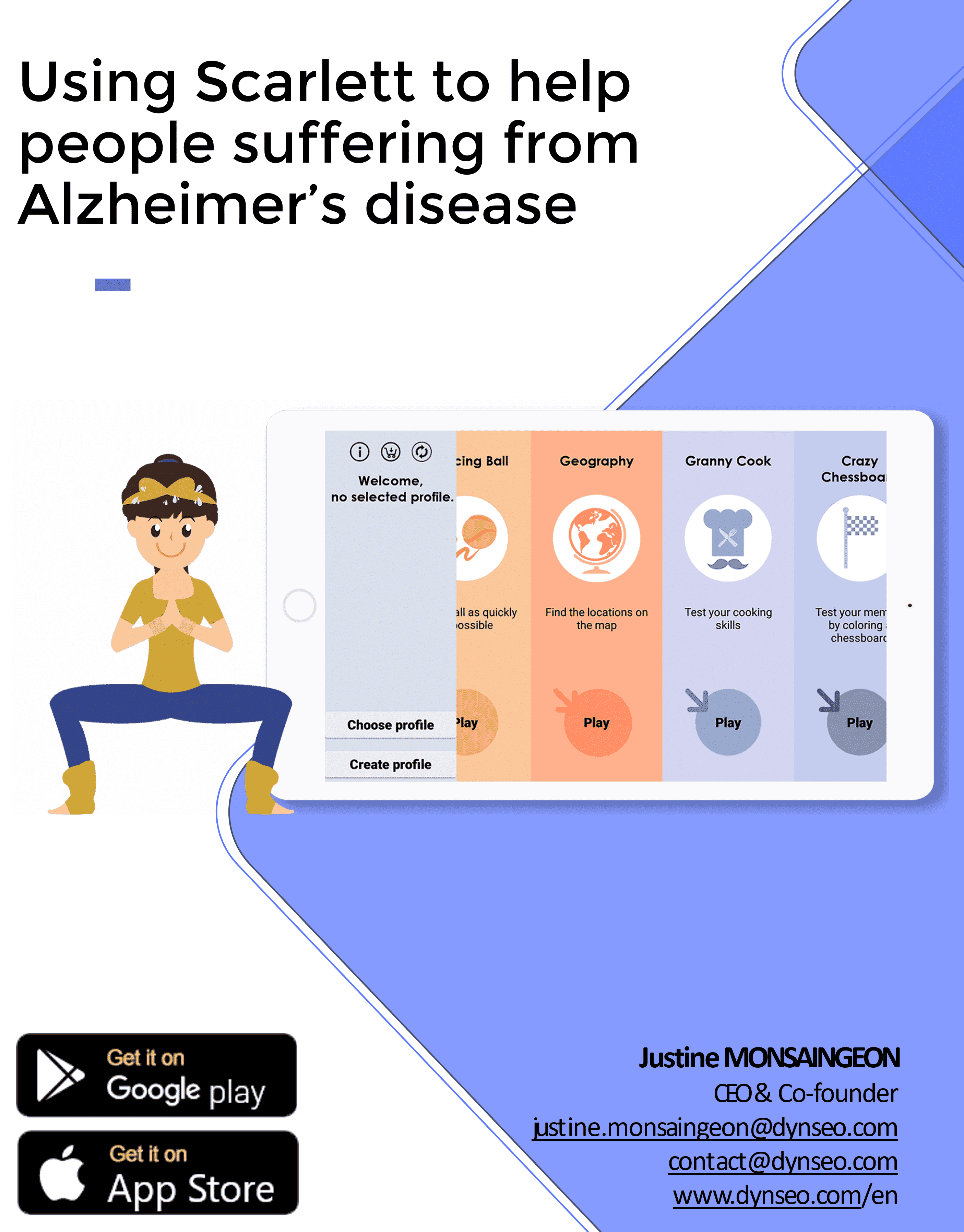In the ongoing battle against Alzheimer’s disease (AD) and age-related cognitive decline, researchers continue to explore innovative therapeutic pathways. One compound showing promising potential is muscimol, a psychoactive substance derived from the Amanita muscaria mushroom. While traditionally known for its hallucinogenic properties, muscimol has garnered scientific interest for its potential neuroprotective effects, particularly in enhancing memory and learning.
Understanding Muscimol and Its Mechanism of Action
Muscimol is a selective agonist of the GABA-A receptor, one of the primary inhibitory neurotransmitter receptors in the brain. By mimicking the action of gamma-aminobutyric acid (GABA), muscimol helps regulate neuronal excitability, reduce stress-induced neuronal damage, and modulate synaptic plasticity—factors crucial for memory formation and retention.
Studies, such as those published in Neurochemical Research and SpringerPlus, suggest that muscimol’s interaction with GABA-A receptors can improve cognitive functions, especially in models of Alzheimer’s disease. Its ability to reduce neuroinflammation and oxidative stress further reinforces its therapeutic potential in preventing early memory decline.
Muscimol and Alzheimer’s Disease: Promising Research Findings
Research findings have indicated that muscimol administration can positively influence hippocampal function, a brain region heavily involved in learning and memory. Animal studies demonstrated improved performance in memory-based tasks and reduced neurodegeneration markers after muscimol treatment. These results highlight the compound’s potential as a pharmacological intervention to slow down early-stage Alzheimer’s symptoms.
Additionally, muscimol appears to enhance synaptic plasticity, which is often impaired in neurodegenerative diseases. By restoring this vital brain function, muscimol may provide a foundation for future pharmacotherapeutic strategies aimed at halting cognitive decline. You can find products with muscimol here.
Future Directions and Therapeutic Applications
Despite these promising findings, muscimol’s therapeutic application remains limited due to its psychoactive side effects at higher doses. Researchers are now investigating optimized dosages and delivery mechanisms to harness its cognitive benefits while minimizing adverse effects.
The potential for muscimol in cognitive therapies extends beyond Alzheimer’s disease. Its neuroprotective properties may also be beneficial for other neurodegenerative conditions and cognitive impairments caused by aging, stress, or trauma.
A Bridge Between Research and Practical Applications
For researchers and educational institutions, access to high-quality muscimol is essential for continued exploration of its therapeutic properties. Companies like OM.SHROM offer quality muscimol products specifically designed for educational and scientific experiments, supporting the global scientific community in their quest for innovative treatments.
In conclusion, muscimol represents a fascinating avenue in the fight against memory decline and Alzheimer’s disease. With ongoing research and refined therapeutic approaches, this natural compound could play a crucial role in future cognitive therapies, improving the quality of life for millions worldwide.
References:
- https://link.springer.com/article/10.1007/s11064-014-1245-y
- https://link.springer.com/article/10.1007/BF00966163
- https://springerplus.springeropen.com/articles/10.1186/2193-1801-4-S1-P36
As science continues to uncover the multifaceted benefits of muscimol, its role in cognitive health remains a beacon of hope for patients, caregivers, and researchers alike.



